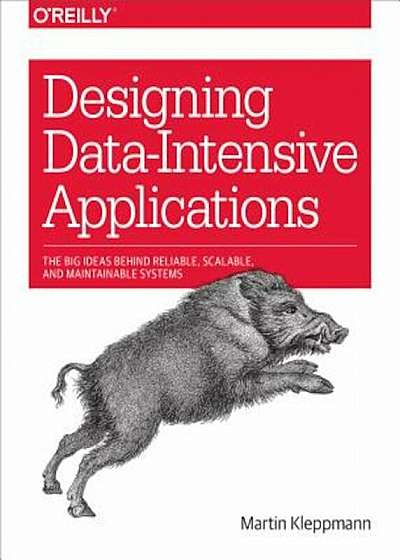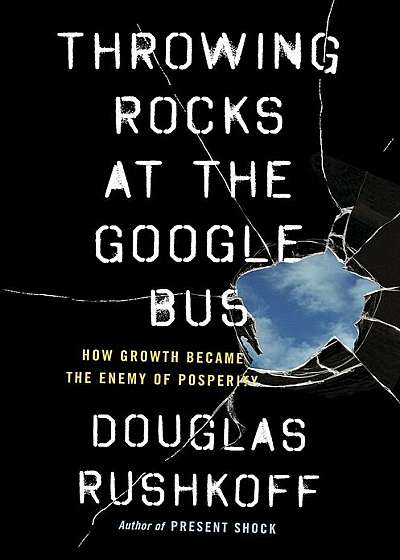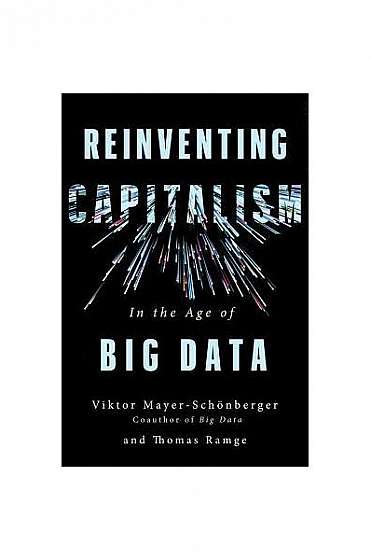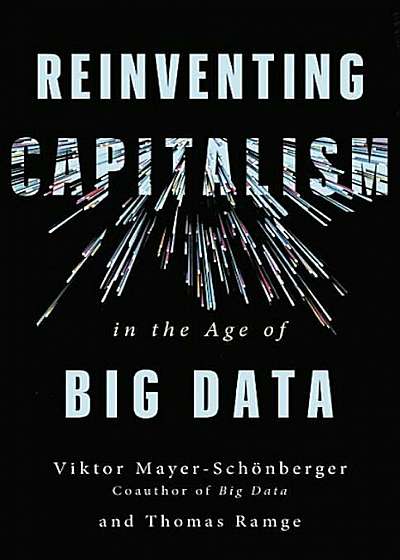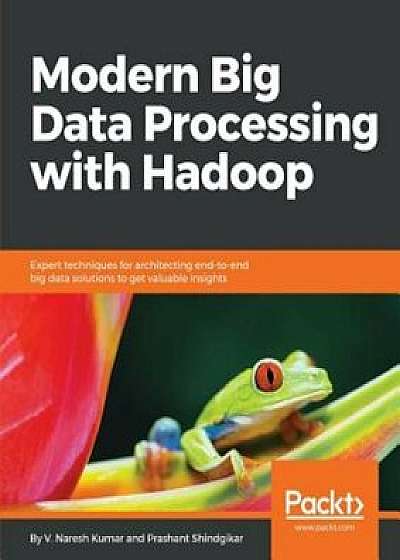
Modern Big Data Processing with Hadoop, Paperback/V. Naresh Kumar
Descriere
A comprehensive guide to design, build and execute effective Big Data strategies using Hadoop Key Features -Get an in-depth view of the Apache Hadoop ecosystem and an overview of the architectural patterns pertaining to the popular Big Data platform -Conquer different data processing and analytics challenges using a multitude of tools such as Apache Spark, Elasticsearch, Tableau and more -A comprehensive, step-by-step guide that will teach you everything you need to know, to be an expert Hadoop Architect Book Description The complex structure of data these days requires sophisticated solutions for data transformation, to make the information more accessible to the users. This book empowers you to build such solutions with relative ease with the help of Apache Hadoop, along with a host of other Big Data tools. This book will give you a complete understanding of the data lifecycle management with Hadoop, followed by modeling of structured and unstructured data in Hadoop. It will also show you how to design real-time streaming pipelines by leveraging tools such as Apache Spark, and build efficient enterprise search solutions using Elasticsearch. You will learn to build enterprise-grade analytics solutions on Hadoop, and how to visualize your data using tools such as Apache Superset. This book also covers techniques for deploying your Big Data solutions on the cloud Apache Ambari, as well as expert techniques for managing and administering your Hadoop cluster. By the end of this book, you will have all the knowledge you need to build expert Big Data systems. What you will learn Build an efficient enterprise Big Data strategy centered around Apache Hadoop Gain a thorough understanding of using Hadoop with various Big Data frameworks such as Apache Spark, Elasticsearch and more Set up and deploy your Big Data environment on premises or on the cloud with Apache Ambari Design effective streaming data pipelines and build your own enterprise search solutions Utilize the histor
